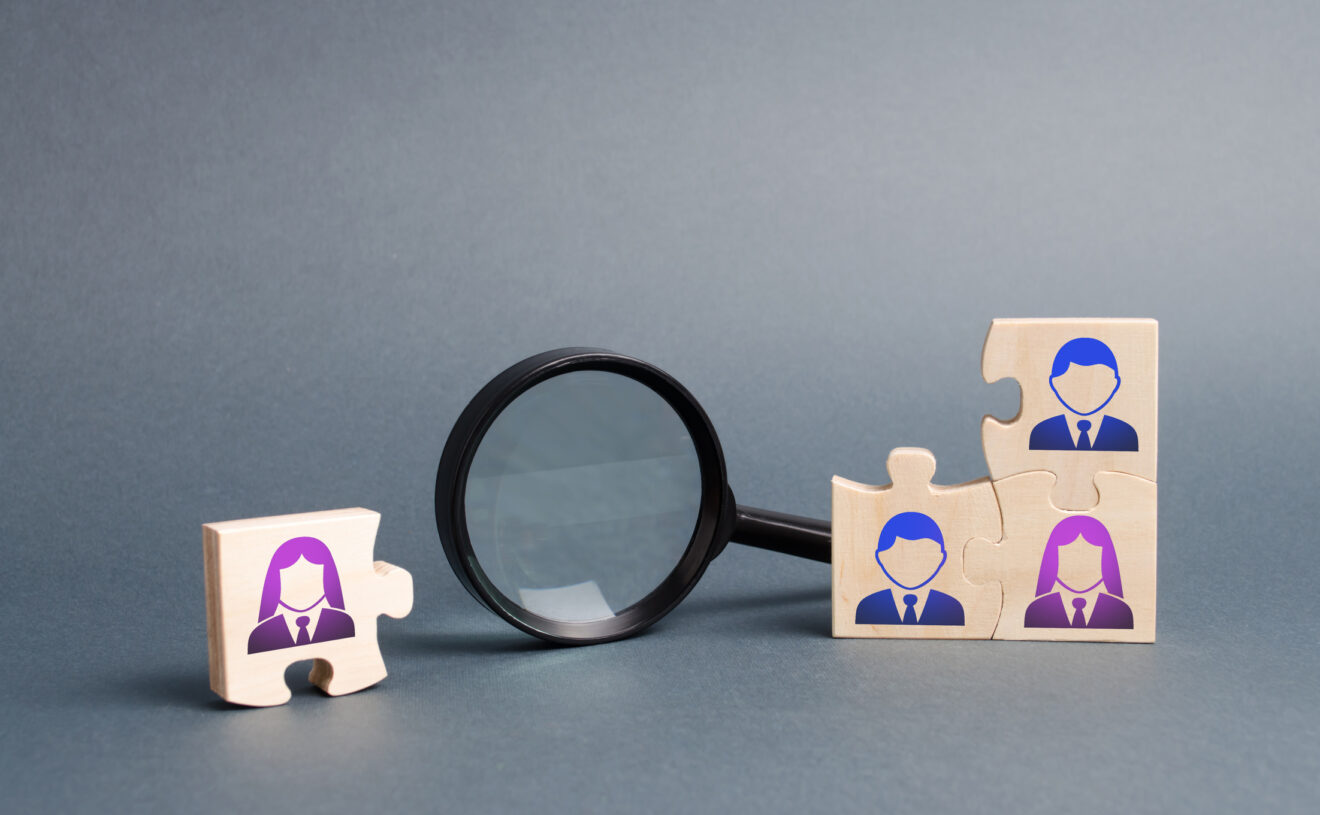Today more than ever, customers are partners in virtually every business. Many companies seem to think their customers aren’t very smart, or at least view them as lazy and forgiving. More than just a passing thought or view, some take advantage of their customers, often to a degree that seems to say they view taking advantage as a natural part of an unequal relationship between those who provide and those who want or need.

It’s a dangerous, short-sighted strategy, one based on faulty assumptions. And when times turn uncertain or even bad, you can’t count on partners you abuse. To the wise, none of this is news, but for the first time, new research offers a factful reminder. Indeed, it suggests that the true laziness lies among leaders and organizations kidding themselves that the business-customer relationship isn’t one of equals.
Case in point: Subscription services
Perhaps the most ubiquitous example takes place in businesses that offer services purchased by subscriptions. (Think streaming services, auto insurance, item-of-the-month clubs or newspapers and magazines.) You know the dynamic, but place yourself there: for a moment, be the cellphone customer you already are. As a cellphone user, at some point in the past you chose your telecom carrier — you know, the folks who make your phone work, the ones you mostly forget about, that is, until they take advantage of you. Odds are you chose your carrier primarily for a great monthly rate. But once the initial contract period expired, the carrier raised their rates — perhaps by pennies, more likely by a few dollars, either way, it was just the beginning of an upward trending slope. Meanwhile, that carrier was offering other consumers better rates.
Most likely you could have changed carriers, but the numbers say you didn’t. No doubt, the rate bumps made you mad, but not enough to incur the hassle of moving on. Those telecom folks weren’t just counting on your inertia, they were profiting from it. At first a bonus, charging for inertia became a model for making money on your inactivity, including the creation of auto renewal, a setting often chosen for you which you’d need to turn off (if you know, and don’t forget). For carriers, the bottom line suggested a boon, even in trade for an increasingly grumpy customer base. So, they’ve kept at it, even refined and sometimes hidden it. Underneath, however, that fuming has been festering, something recent research sought to ferret out.
Why don’t customers switch?
Researchers at Stanford’s Graduate School of Business and the University of Chicago’s Booth School of Business just finished a 2-year study, in which they followed more than 2 million potential newspaper subscribers. The researchers engaged the would-be customers after they’d read a few free articles and arrived at a paywall asking them to become subscribers. The researchers tested a series of options for what a potential subscriber could do next. Then they tracked the participants over 24 months to see how many chose to subscribe.
Interestingly, the researchers found that consumers, even before they were subscribers, were aware and wary of the taking-advantage dynamic, as though its ever presence in the market had them on alert. Fifty-eight percent of potential customers who liked the product declined any kind of subscription altogether, which the researchers interpreted as a protective move. “One thing that gets less visibility,” one researcher noted, “is the fact that consumers anticipate that they might have this inertia later on,” and fear it might be exploited, “and account for it in their decision making,” a wariness many businesses overlook when busy salivating over others who signed on for the auto renewal option.
Yet, even among those who subscribed, a majority chose subscriptions with an auto-cancel, not auto-renew term of contract. And yet, at first the data seemed to show that the strategy of leaning towards the perceived laziness of customers was a good move: the auto-renewal customers initially renewed at a rate 20% higher than those with the auto-cancel option. “After one year, however, the subscription rate for people with auto-cancel was higher, and the revenue from auto renewal and auto-cancel was at that point equivalent. At the two-year mark,” however, the research found that “any benefit from initial auto renewal had vanished.” Customers, the research, and we, can fairly conclude that people don’t want to be cheated, and will both avoid deals, and companies, that feel like a cheat and reward those that don’t.
To be sure, it’s a very short list of organizations that succeed by intentionally taking advantage of their customers. Still, many end up there. Even when it occurs gradually or unintentionally, seeing your customers as something less than partners in a long-term exchange is a bad move. Customers don’t like feeling like they’re being taken. As a customer, you know it’s true. Even when it appears they often won’t make much fuss when a business chooses to do it anyway, what happens when you really need them? What if your business falls on hard times and you need their forgiveness? What happens when your competition comes along and bests you? The way you treat your customers comes back in like form, loyal or indifferent, and a short-term gain isn’t likely to yield long-term advantage. It’s your call …
Larry Robertson, named a Fulbright scholar in 2021, is the founder of Lighthouse Consulting and works, writes and guides at the nexus of creativity, leadership and entrepreneurship. He’s the author “The Language of Man: Learning to Speak Creativity,” “A Deliberate Pause: Entrepreneurship and Its Moment in Human Progress” and the new “Rebel Leadership: How To Thrive in Uncertain Times.”
Opinions expressed by SmartBrief contributors are their own.
____________________________________
Take advantage of SmartBrief’s FREE email newsletters on leadership and business transformation, among the company’s more than 250 industry-focused newsletters.
